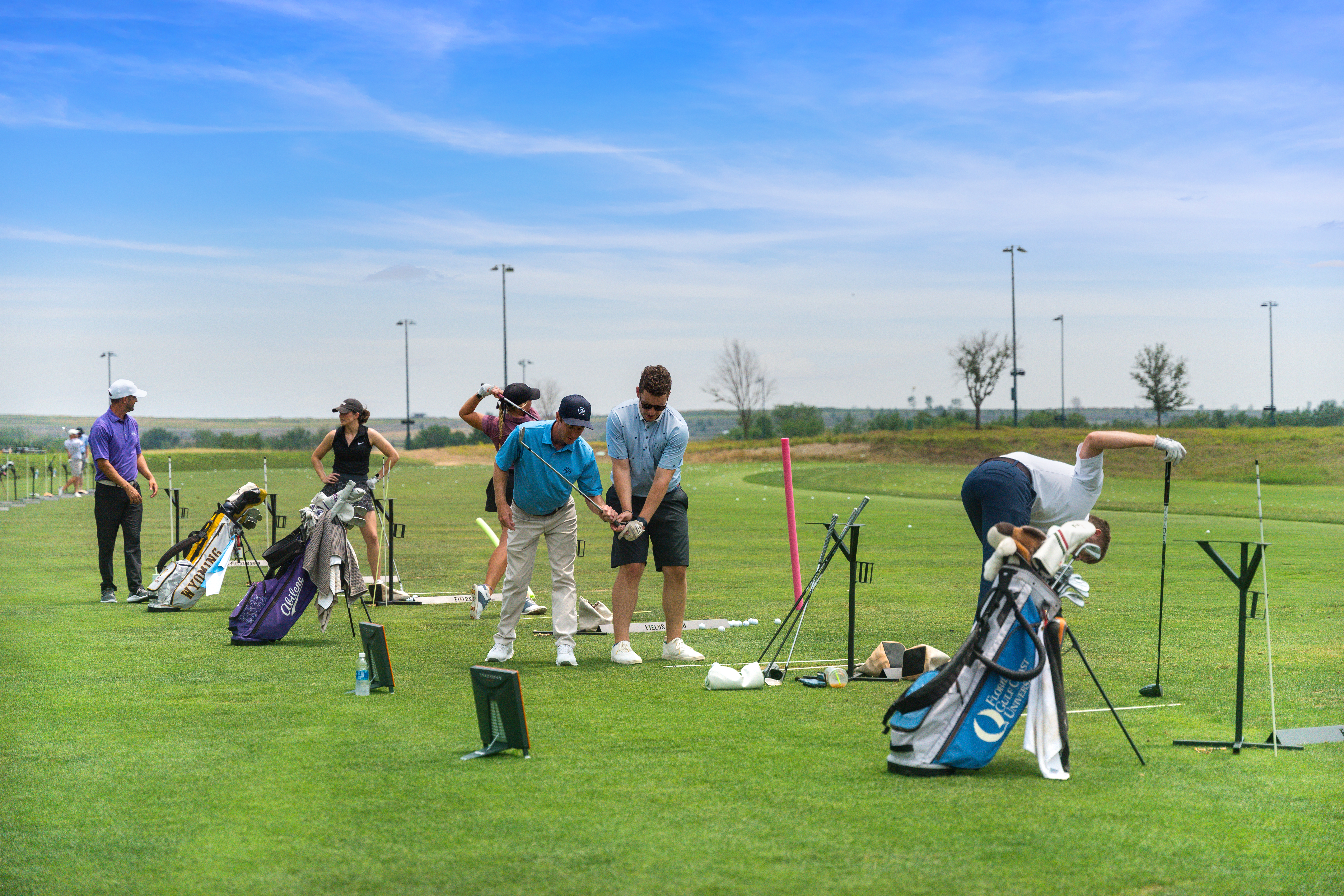Pursue Excellence with Play to Win
Overview
- Ages: Boys 19+ and Girls 18+ (Please note: Ages are guidelines, not restrictions)
- Primary Focus: Learn how to win. The game is akin to a full-time job, influencing major life decisions. Players should build independence and confidence in pursuing the highest competition levels with a training-to-competition ratio of 25:75.
- Competition Level:
- Professional: 20-35 events per year
- Amateur: 13-20 events per year

Skills and Development
- Athletic Skills: Agility, footwork, dynamic balance, strength, endurance, speed, and flexibility. Athletes should have a solid foundational skillset.
- Technical Skills: Achieve full mastery of technical skills, develop a set game plan, and understand personal strengths and weaknesses.
- Psychological Development: Accept and embrace rules, regulation, planning, and structure. Recognize long-term benefits of hard work and goal setting.
- Social Development: Focus on self-actualization and self-expression. Major life decisions feature prominently.

Play Guidelines
- Practice: Conduct practice sessions 44-48 weeks annually, 40 hours weekly, with 4-6 hour sessions.
- Competition: Engage in periodized planning based on the athlete's personal growth.
- Professional: 20-35 multi-round events per year.
- Amateur: 13-20 multi-round events per year.
- Equipment and Safety: Continual review and fitting in line with sport science advancements.
- Where to play: This will vary based on individual player needs and circumstances.

Explore Additional Stages:
